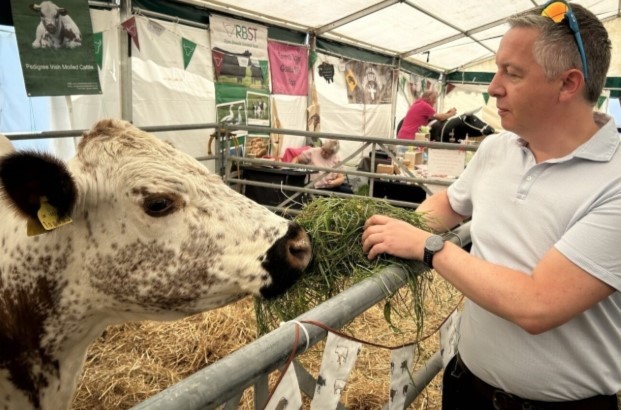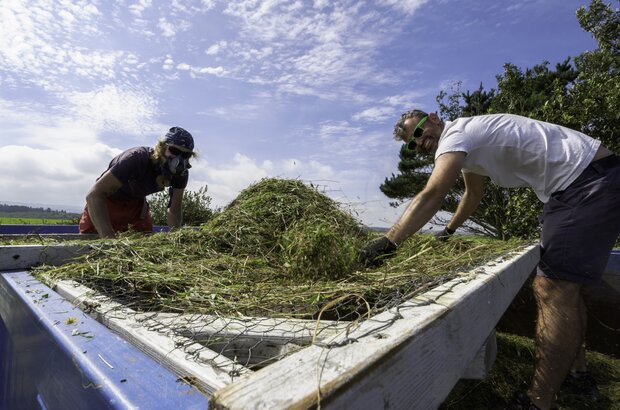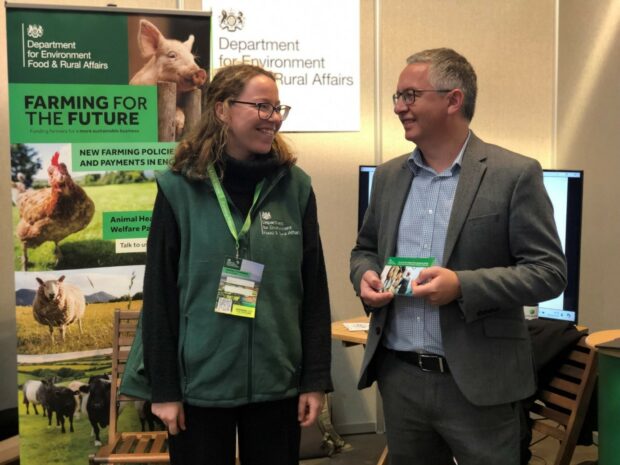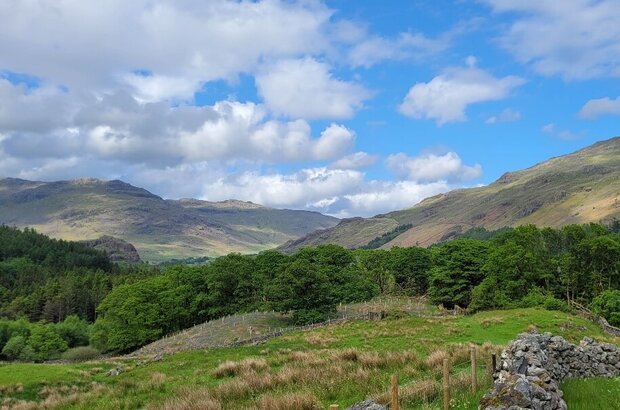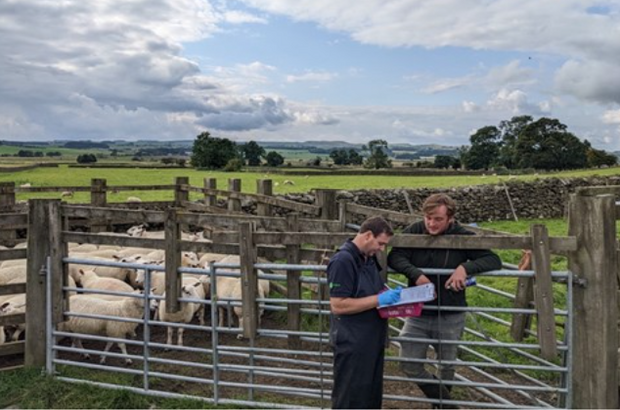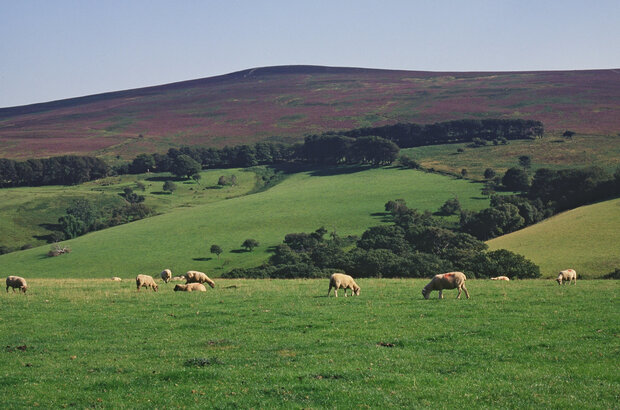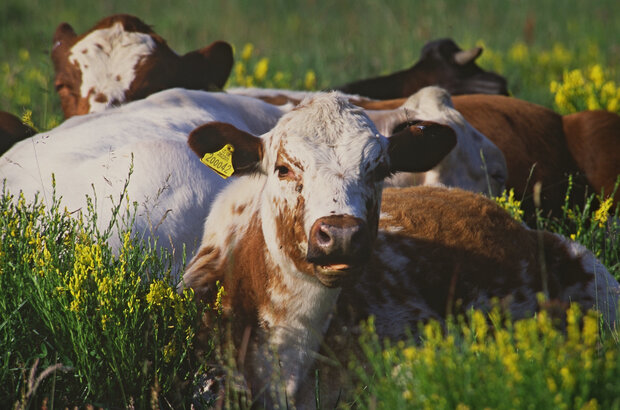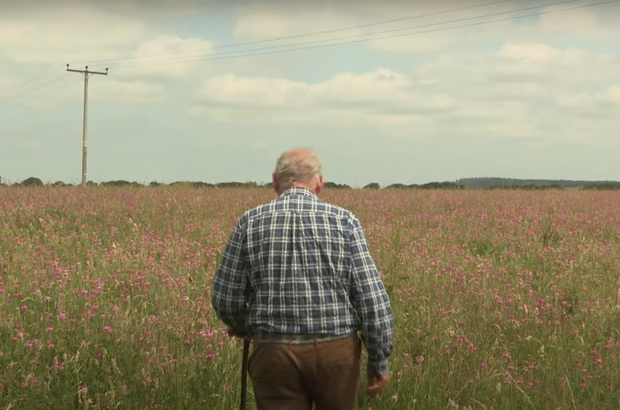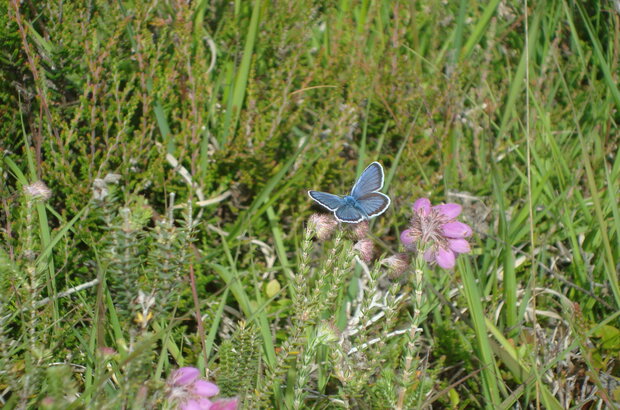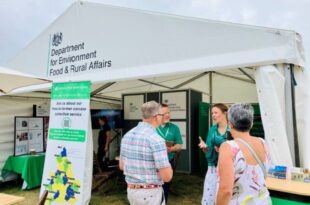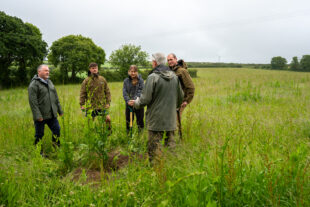Guest post
In this post, Richard Thompson reflects on his first year as the Agricultural Supply Chain Adjudicator, highlighting milestones and progress. He also shares insights from a recent sector survey and looks ahead to upcoming developments in the pig sector.
In October, we appointed the Independent Chair for the Dartmoor Land Use Management Group (DLUMG), Phil Stocker. In this guest post, Phil shares insights into his role, the published terms of reference, and next steps for the group.
Update: 28 January 2025: At the bottom of this post, you'll find details of the membership of the group.
In this guest post, Seán O’Hea shines a light on Cornwall National Landscape's Farming in Protected Landscape project.
The Fair Dealings Obligations (Milk) Regulations (FDOM24) set out how milk purchase contracts must operate. FDOM24 is designed to make these contracts fairer and more transparent across the dairy industry. In this guest post, Richard Thompson, the Agricultural Supply Chain Adjudicator (ASCA) shares an overview of his role and what to look for in your contact.
In the first round of Landscape Recovery, £12 million of development funding was awarded to 22 projects in England. This money supports plans to restore rivers, boost biodiversity and much more. The projects represent hundreds of farmers and landowners working together to deliver significant environmental change. One such project is the Upper Duddon Landscape Recovery Project, for which I am project lead. In this post, I will shine a light on our work.
At around this time last year, I wrote a post introducing the Animal Health and Welfare Pathway. I’m pleased to tell you that the first step on the Pathway, the SFI Annual Health and Welfare Review, is now ready to be rolled out. In this post, I'll explain how to register for a funded annual visit from your chosen vet or team of vets.
Over the past 2 years, the Foundation for Common Land, in collaboration with the Federation of Cumbria Commoners, delivered a tests and trials project to look at commons. In this guest post, Professor Julia Aglionby shares their work which explored how environmental land management schemes should be developed to support commons.
In this guest post, Dr. Julia Wrathall shares her views on the Animal Health and Welfare Pathway. Julia is an expert in farm welfare and served as the RSPCA's Chief Scientific Officer. She helped to shape species-specific priorities through co-design.
Cholderton is a 1000-hectare estate on the Hampshire/Wiltshire border. It participated in one of Defra's environmental land management test and trials to develop a model land management plan based on the exemplary principles adopted by the estate. In this guest post, Merrick Denton-Thompson shares his view.
If you want to encourage more of the right wild plants and insects on a group of farms, what parts of your farm should you target to get the best results? This is the question conservation scientist Dr Robert Hawkes explored with colleagues from the University of East Anglia, the Breckland Farmers Wildlife Network and Defra.
